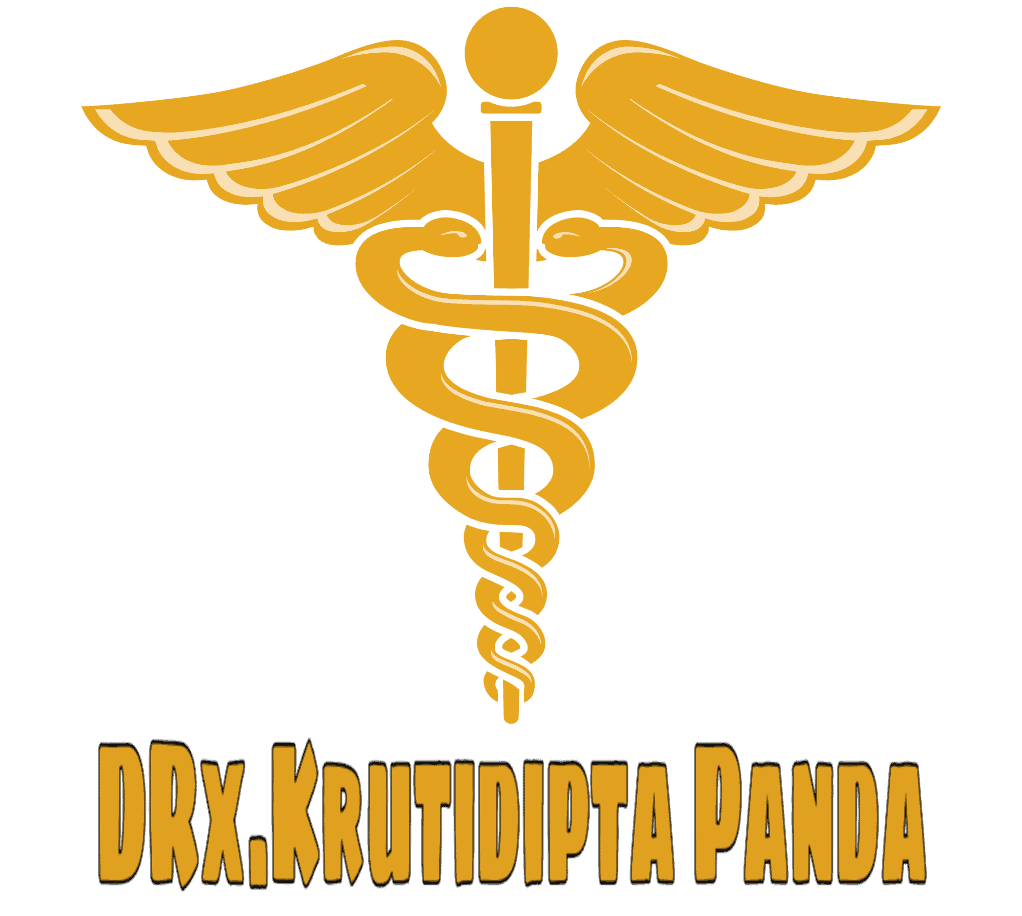Introduction
Drug usage is hard for addicts and their loved ones. It is a complex issue that requires comprehension, courage, and a multifaceted strategy to surmount. This article will guide you through the process of comprehending substance abuse and examining effective recovery and rehabilitation strategies.
Understanding Drug Abuse
Definition of Drug Abuse
Drug abuse, also known as substance abuse, refers to the harmful or hazardous use of psychoactive substances, including alcohol and illicit drugs. It involves the repeated use of drugs to produce pleasure, alleviate stress, and/or alter or avoid reality.

Impact of Drug Abuse
The impact of drug abuse extends beyond physical health consequences—it also affects mental health, relationships, and societal responsibilities. It often results in addiction, a chronic, relapsing disorder characterized by compulsive drug-seeking and use despite adverse consequences.
The Path to Recovery
Acknowledging the Problem
Recognising that there is a problem is the first step towards recovery. It is not easy to come clean and acknowledge that one has a problem with substance misuse, yet, this admission is the initial step on the road to recovery. It is about coming to terms with the negative impact that drug usage has had on your life and making the decision to make a difference.
Seeking Professional Help
Role of Therapy
Drug recovery requires therapy. Cognitive-behavioural treatment can help people identify, avoid, and manage drug-triggering events.
Medications in Recovery
Depending on the substance, medications may aid recovery. They can aid with withdrawal, relapse, and co-occurring problems.
Rehabilitation Strategies
Inpatient vs. Outpatient Rehabilitation
Choosing between inpatient and outpatient rehabilitation depends on the severity of the addiction, the substance involved, and the individual’s personal circumstances. Inpatient rehab offers intensive, round-the-clock care, while outpatient rehab allows individuals to continue their daily routines while receiving treatment.
Therapy Techniques in Rehabilitation
Rehabilitation utilizes various therapy techniques. For example, motivational interviewing helps individuals resolve ambivalent feelings to find the internal motivation they need to change their behaviour, while family therapy involves family members in the recovery process.
Maintaining Sobriety
Building a Support Network
Sobriety requires tremendous support. Family, friends, therapists, and support groups that understand the process can offer encouragement and accountability.
Healthy Lifestyle Changes
Incorporating healthy lifestyle changes like regular exercise, balanced nutrition, and adequate sleep can
Healthy Lifestyle Changes
Sobriety requires positive lifestyle changes. Regular exercise reduces cravings and improves mood, while a balanced diet repairs drug abuse-related physical damage. Sleep helps the body and mind recover.
Conclusion
Overcoming drug abuse is a difficult journey, but with understanding, professional help, and determination, it is possible. Individuals can reclaim their lives from the clutches of drug abuse by acknowledging the problem, seeking professional help, undergoing rehabilitation, and making key lifestyle changes. The road to recovery may be long and challenging, but the reward of a healthier, happier life is well worth the struggle.
Frequently Asked Questions
What role does self-care play in maintaining sobriety?
Self-care plays a significant role in maintaining sobriety. It encompasses physical health through exercise and diet, mental health through stress management techniques, and emotional health through connection with others and self-reflection
Can you recover from drug addiction alone?
While some individuals can stop using drugs without formal treatment, most people require professional help. Drug addiction is a complex issue that impacts all areas of an individual’s life.
How can family and friends help in the recovery process?
Family and friends can play crucial roles in motivating individuals with drug problems to enter and stay in treatment. Their support and encouragement can make a significant difference.
Is relapse a sign of failure?
Not at all. Relapse indicates that treatment should be reinstated or adjusted or that an alternative treatment is needed. It’s a common part of the recovery process.
Can drug addiction be cured or just managed?
While drug addiction is a chronic disease similar to diabetes or hypertension, it can be managed successfully. Treatment enables people to counteract addiction’s powerful disruptive effects on the brain and behaviour and regain control of their lives.
What is meant by drug metabolism?
Drug metabolism is the biological process of breaking down and eliminating drugs in the body, primarily carried out by the liver.
Why is drug metabolism important?
Drug metabolism is crucial as it influences the effectiveness and duration of a drug’s action in the body, as well as its potential side effects. Transforming drugs into more soluble forms, aids in their elimination, preventing accumulation and toxicity. Moreover, understanding drug metabolism can help in predicting drug interactions and individualizing treatment plans.
What are the 4 stages of drug metabolism?
The four stages of drug metabolism are absorption (entry into the body), distribution (circulation via the bloodstream), metabolism (chemical breakdown, mainly in the liver), and excretion (removal of breakdown products, primarily through the kidneys).
What are the 5 factors affecting drug metabolism?
What are the 5 factors affecting drug metabolism?
Five key factors affecting drug metabolism are genetics (specifically, variations in liver enzymes), age (metabolism generally slows with age), body weight (larger bodies may metabolize drugs more quickly), liver health (a compromised liver may reduce metabolism rate), and drug interactions (certain drugs can speed up or slow down the metabolism of others).
What are the stages of metabolism?
Metabolism consists of two main stages: Anabolism, where smaller molecules are combined to create larger ones, and Catabolism, where larger molecules are broken down into smaller ones, often releasing energy.

